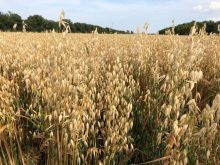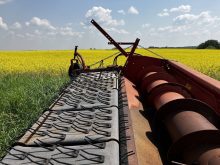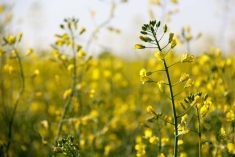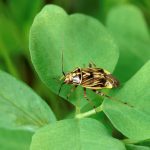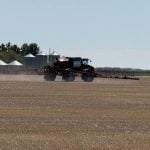The University of Guelph and the Ontario Soil and Crop Improvement Association say that Triclosan does not pose a threat to the food chain or the environment.
Triclosan is one of the most commonly used antimicrobials in personal health care products, such as soaps, shampoos and other sanitation goods.
The study funded by the OSCIA addresses concerns about Triclosan as a harmful ingredient in biosolids — treated sewage used as a fertilizer. The study concluded that Triclosan is not water-soluble, with 98 per cent of the product removed along with biosolids at sewage treatment plants.
Read Also
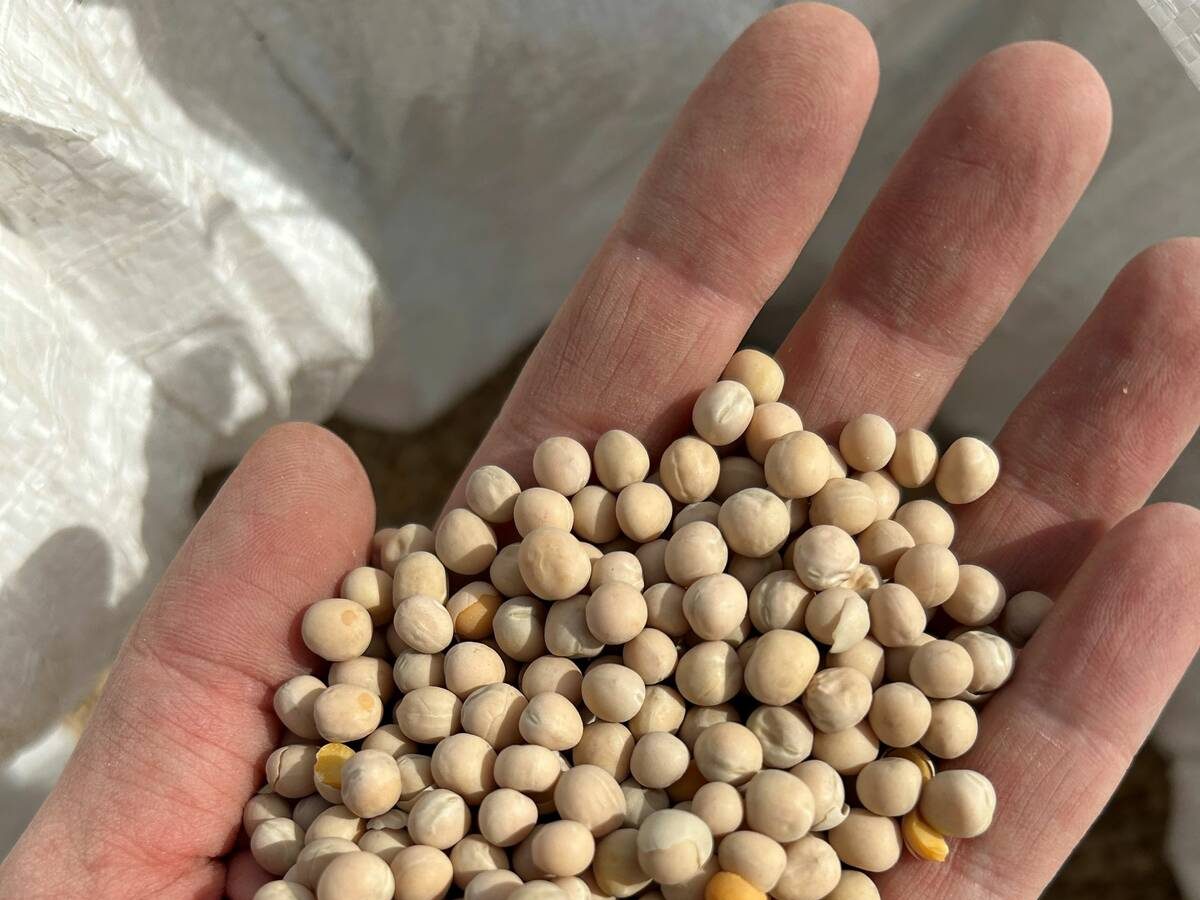
Pulse Weekly: Despite dropped tariffs, work remains for Pulse Canada
Pulse Canada was relieved when China announced the removal of 100 per cent tariffs on Canadian yellow peas on Jan. 16, but work still needs to be done in India.
“Biosolids are highly regulated so the recent research provides confidence for both the urban population and the farm community that it is a valuable resource—a win-win for both parties, OSCIA president Gord Green said in the release.
The research was carried out under the supervision of Dr. Paul Sibley, at the School of Environmental Sciences, with graduate student René Sahba Shahmohamadloo conducting the research as part of his Master’s thesis.
Sibley said the research included four formulations of biosolids across treatments of corn, soybean and spring wheat. Plant emergence and growth were studied at various stages to determine if there was any uptake of Triclosan. Arbuscular mycorrhizzal fungi was also evaluated as part of an environmental assessment.
Ontario regulations permit biosolids to be applied only once every five years on agricultural field crops. It is not permitted on land used for fruit or vegetable production.




